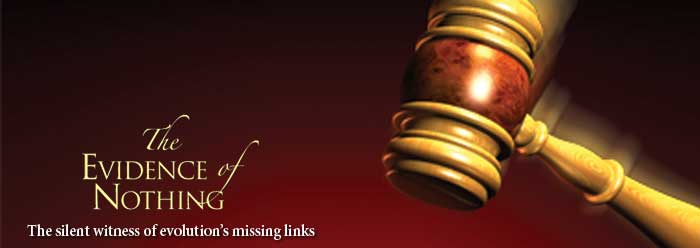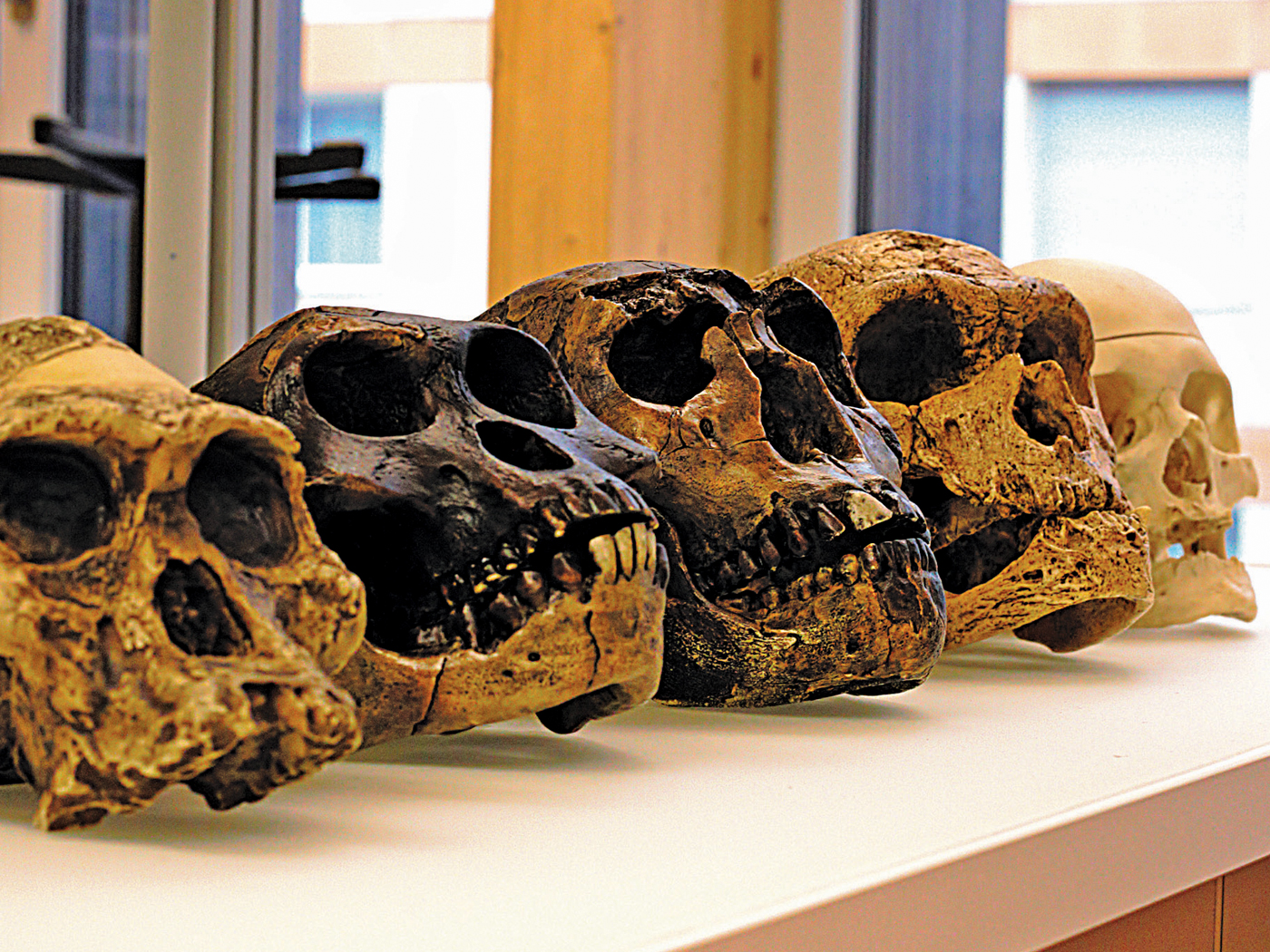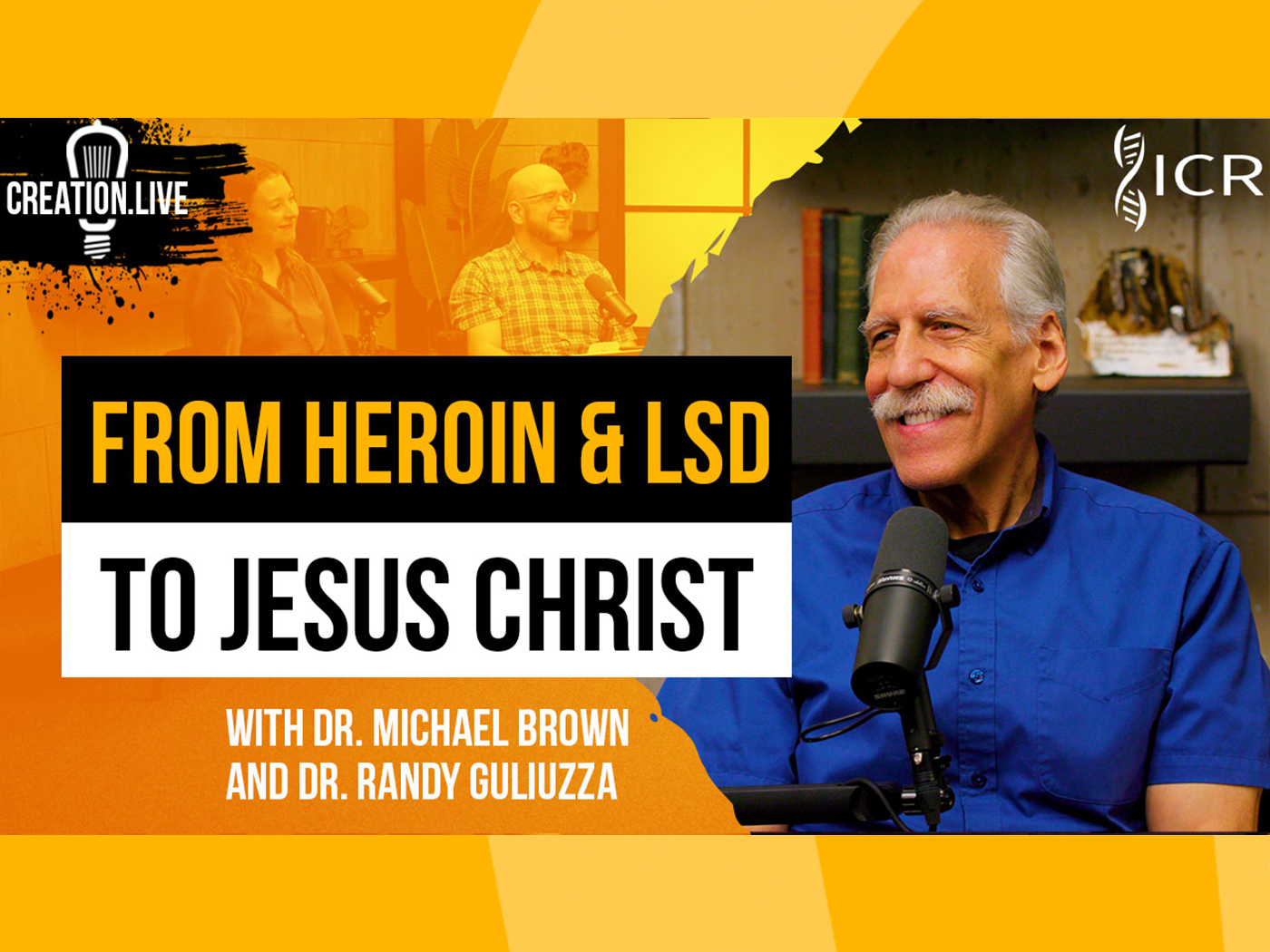How often have you tried to witness to someone only to be rebuffed by an inappropriate view of science as having disproved the Bible? "Evolution is true, the earth is billions of years old. Science has proved it. Thus the Bible can't be taken at face value. How could all those scientists be wrong?"
We must all ask this question, for if science has disproved Genesis, we have no confidence that John 3:16 is correct. "If I have told you 'earthly things, and ye believe not, how shall ye believe, if I tell you of heavenly things?" (John 3:12).
Indeed, there are some Biblical teachings and doctrines which seem to conflict with majority scientific thought. For instance: Genesis 1:1 vs. the Big Bang; the order of creation vs. the order of evolutionary appearance; the Biblical curse on all creation vs. the evolutionary development of complexity; young Earth vs. old Earth; Adam's sin brought death vs. extinction brought man; the global flood vs. evolutionary uniformitarianism; etc. In each of these cases, the Biblical teaching can be supported but individual scientific observations are hard to accommodate.
We must keep in mind, however, the difference between scientific observations and opinions of scientists, especially in historical arenas. Both evolution and creation rely on "unobserved" events—non-repeatable singularities. Both are views of history outside the realm of observational science. Through careful study, scientists may discern how the human liver works, but this knowledge is far different from knowing how the liver originated.
To make matters worse, scientists often operate from a strictly naturalistic perspective, excluding supernatural creation from the range of possibilities. Surely Christians must not follow this perspective.
We must also remember that majority scientific opinion changes. For instance, the standard Big Bang fizzles more and more with each new discovery. Now is not the time to cite weight of scientific opinion as the reason to distort or disbelieve Scripture.
On the other hand, Scripture doesn't change. Our understanding of it may be enhanced by scientific discoveries, but by definition, it speaks truth without error.
How should a Christian respond? As ICR's physics department chairman Dr. Larry Vardiman writes in a recent paper, "When a conflict becomes evident between an apparent interpretation of the Bible and an apparent finding of science, it is not necessary to force a final determination to be made immediately without further investigation. It is possible that a misinterpretation of either or both of the statements of Scripture or the evidence from science have occurred. Since of the two, Scripture speaks with greater clarity, until a satisfactory resolution can be made about the conflict, I will proceed with confidence in my interpretation of Scripture. Resolution may not occur in my lifetime."
This is a wonderful time to be a Bible-believing Christian/creationist. The scientific evidence, rightly interpreted, overwhelmingly supports the straight-forward reading of Scripture. Even in those areas of seeming conflict, research continually sheds new light, increasing our confidence in Scripture.
I call on my Christian "semi-creationist" brothers, those who hold to the Big Bang, or the old Earth or theistic evolution, to join the ranks of those who are trying to solve the remaining conflicts from a God-honoring, Bible-upholding perspective. For in the end, Scripture will stand. Rightly observed and interpreted there can be no conflict between science and Scripture.
*Dr. John Morris is President of ICR.


























